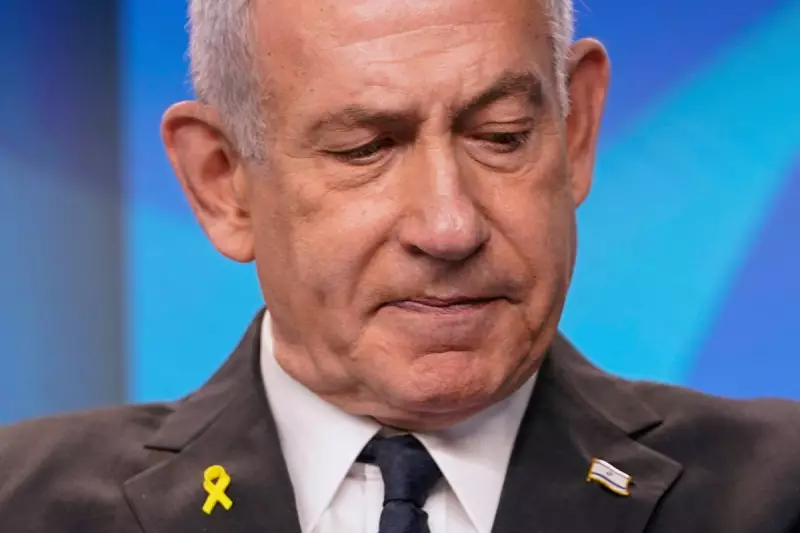
The fragile hope for peace in Gaza rests on a knife-edge tonight as Israeli officials carefully examine Hamas's official response to the latest US-brokered ceasefire proposal.
According to senior sources within the Israeli government, the detailed response from the Palestinian militant group has been received and is now undergoing thorough analysis by security and diplomatic experts. The outcome of this assessment could determine whether the region moves toward de-escalation or faces further bloodshed.
Diplomatic Marathon Reaches Critical Juncture
The proposed agreement, championed by US President Joe Biden in late May, outlines a three-phase approach to ending the devastating conflict that has claimed thousands of lives and displaced much of Gaza's population.
An Israeli official, speaking on condition of anonymity, revealed that while the response contains elements Israel finds acceptable, other aspects remain problematic from Jerusalem's perspective. The nature of these sticking points has not been publicly disclosed, but previous negotiations have foundered on issues including the complete withdrawal of Israeli forces and the permanence of any ceasefire.
Military Operations Continue Amid Diplomacy
Even as diplomatic channels remain active, the Israel Defense Forces (IDF) have continued operations across Gaza. Recent actions have focused on what the military describes as "targeted raids" against Hamas infrastructure in Rafah and central Gaza.
Palestinian health authorities report that the ongoing conflict has resulted in significant civilian casualties, though exact numbers remain contested by both sides. The humanitarian situation in Gaza continues to deteriorate, with aid organizations warning of widespread famine and disease.
Regional Implications and International Pressure
The international community watches with bated breath as the negotiations unfold. Key regional players including Egypt and Qatar have been instrumental in mediating talks, while Western nations increasingly voice concern about the conflict's potential to destabilise the broader Middle East.
Prime Minister Benjamin Netanyahu faces competing pressures from his right-wing coalition partners, some of whom have threatened to collapse the government if what they perceive as a "soft" agreement with Hamas is accepted. Simultaneously, growing international condemnation and protests within Israel demanding the return of hostages increase the urgency for a resolution.
The coming days are likely to prove decisive, with both regional stability and countless lives hanging in the balance.





